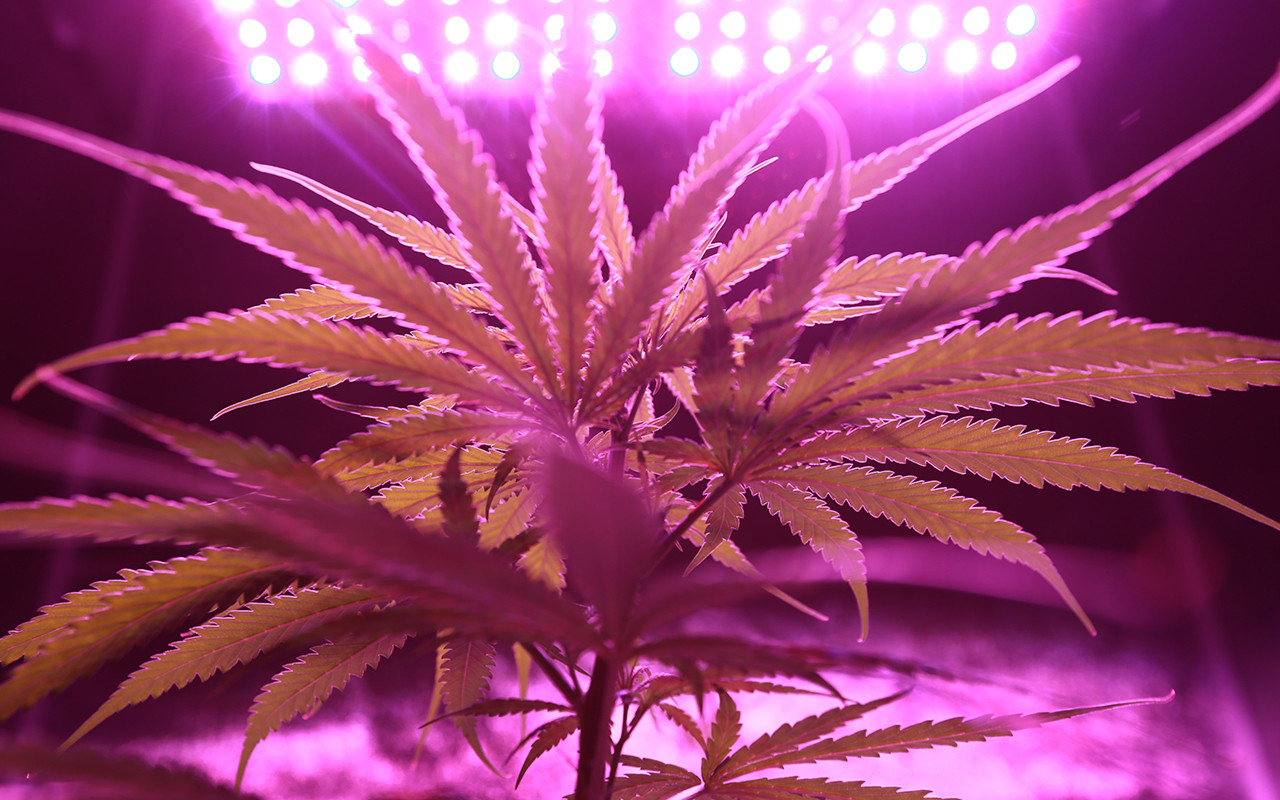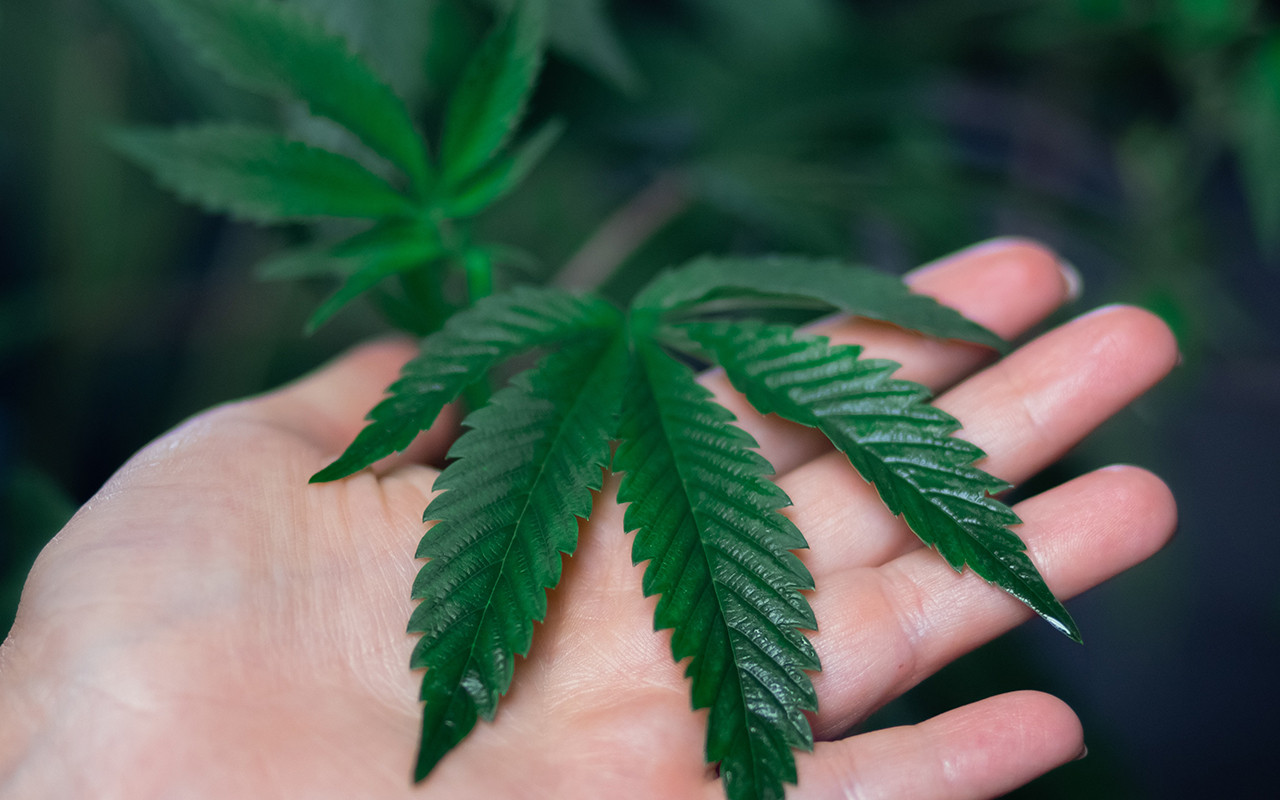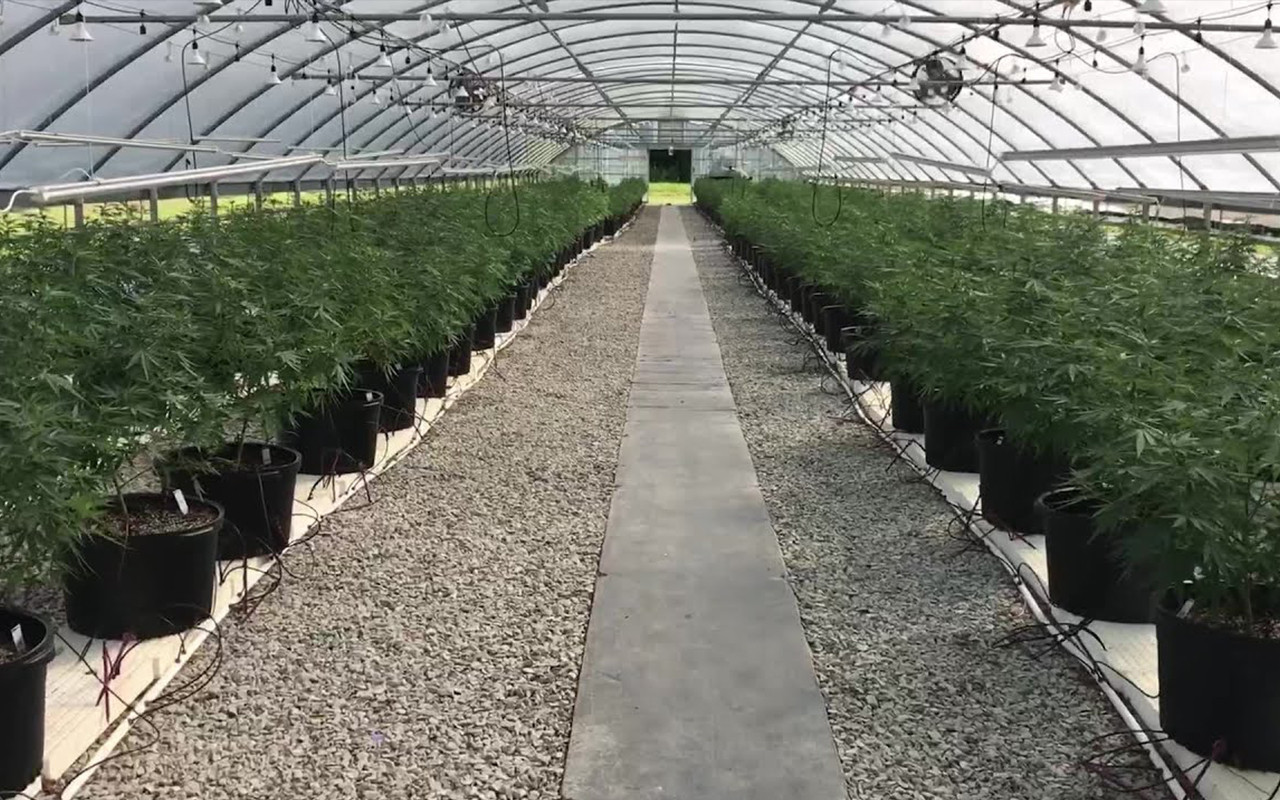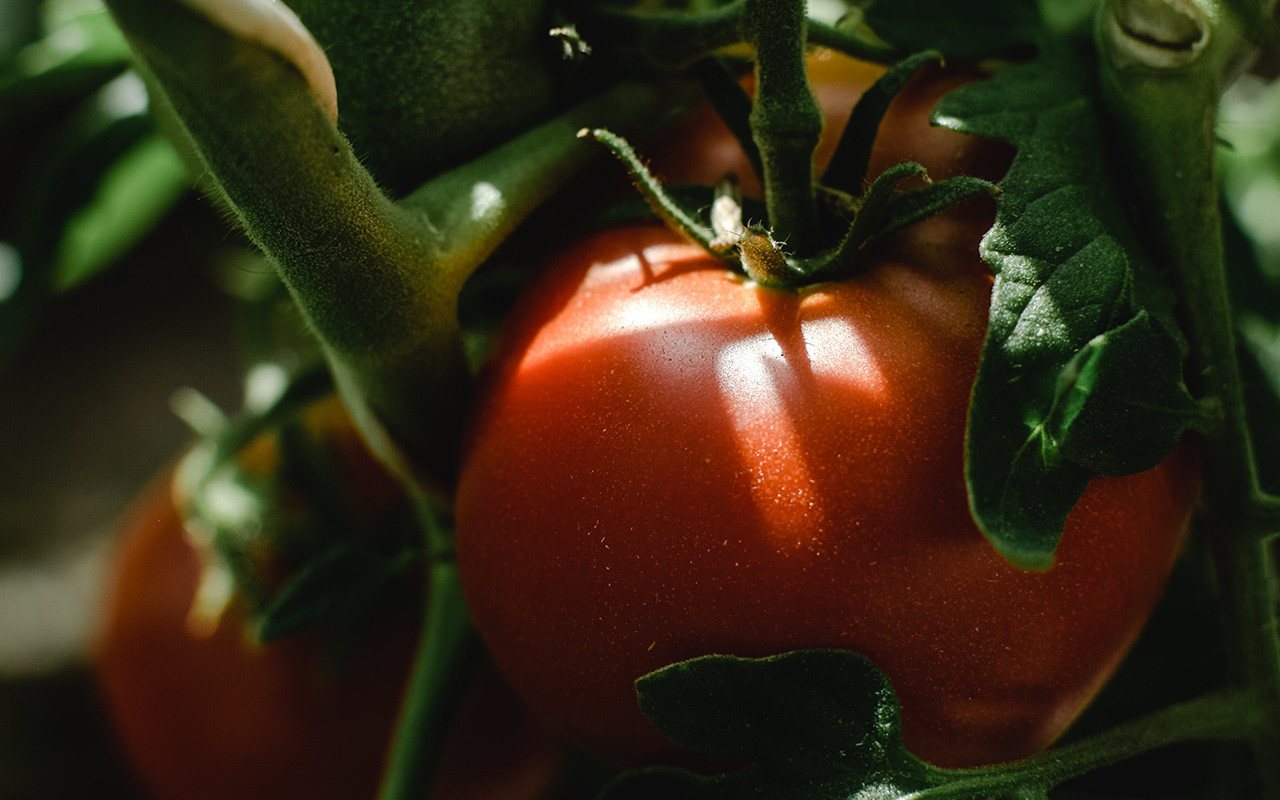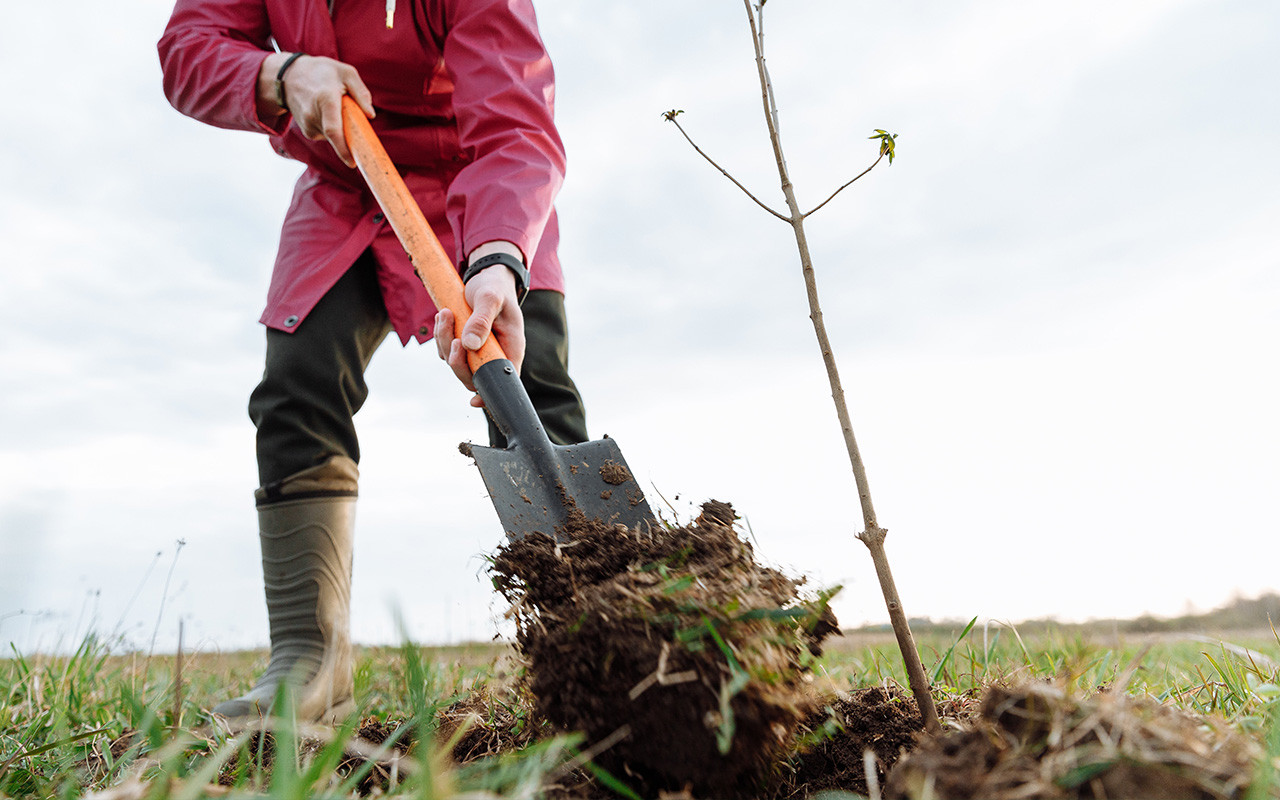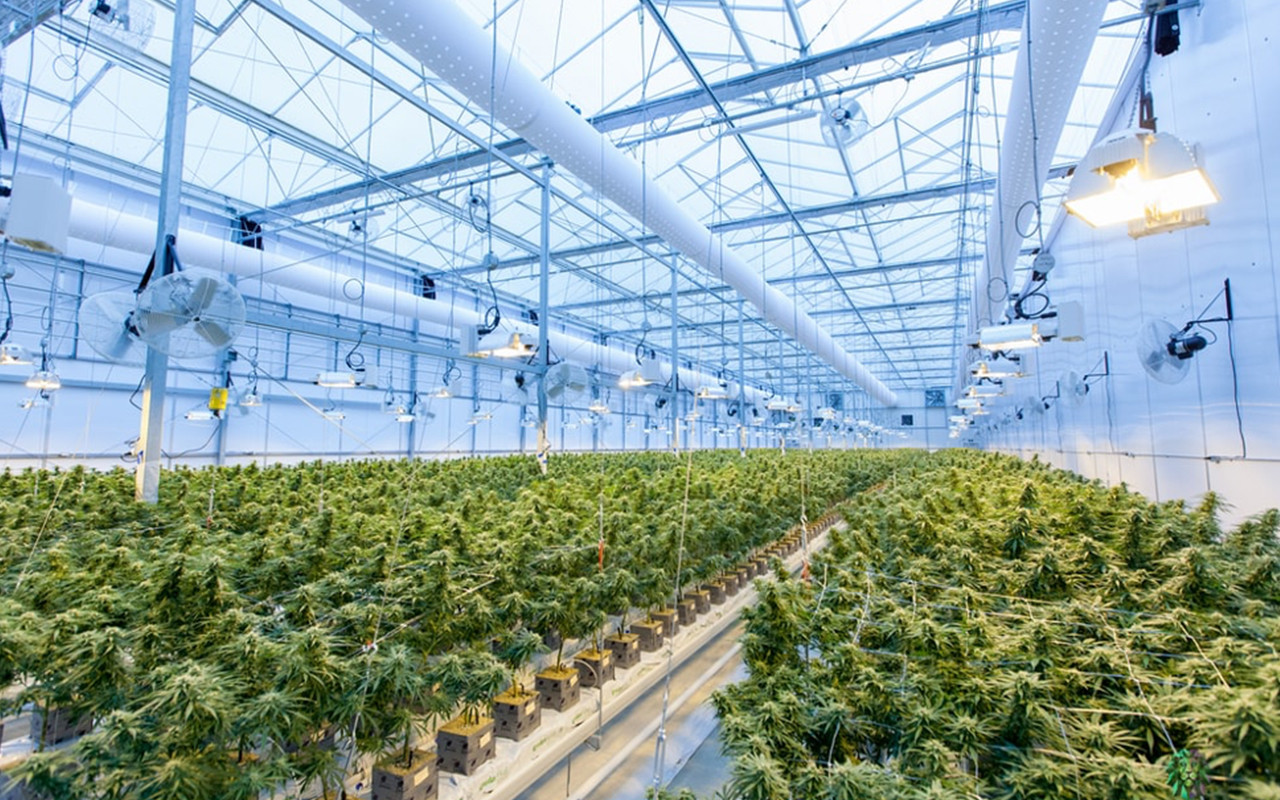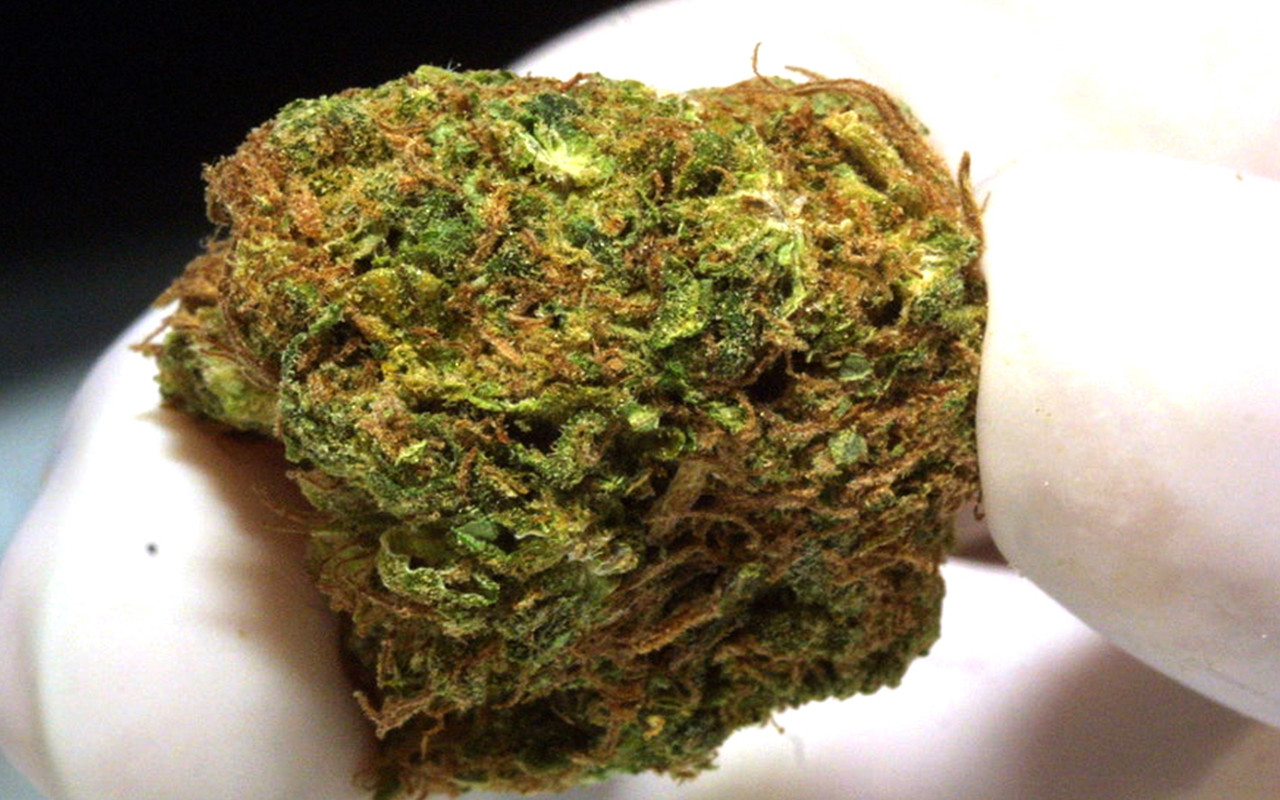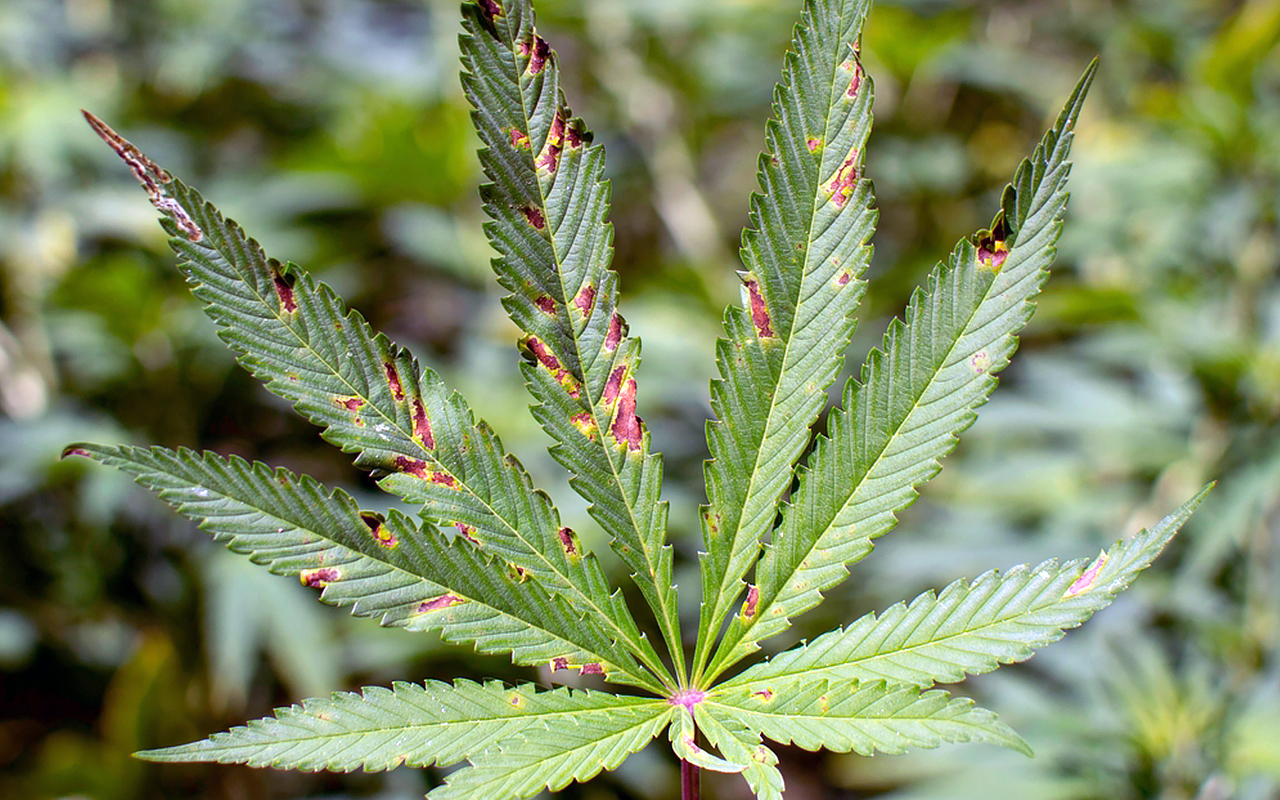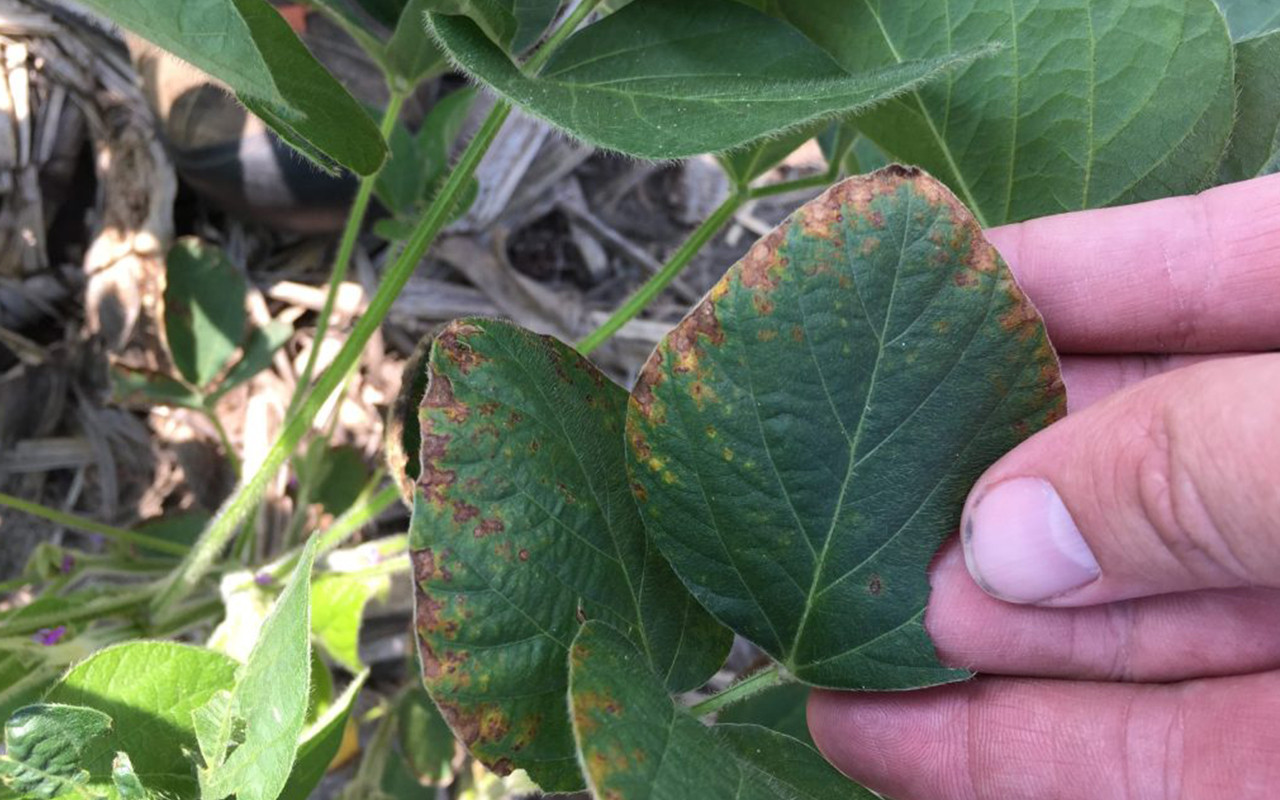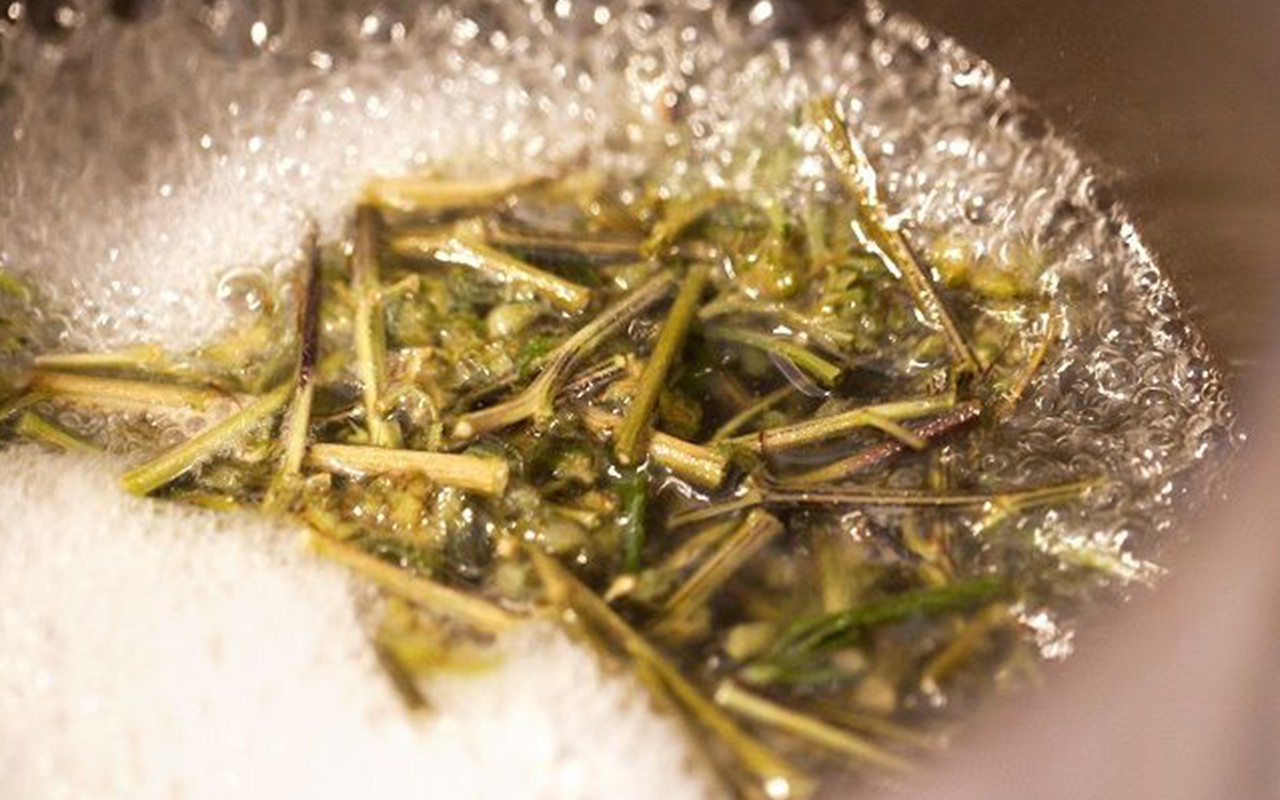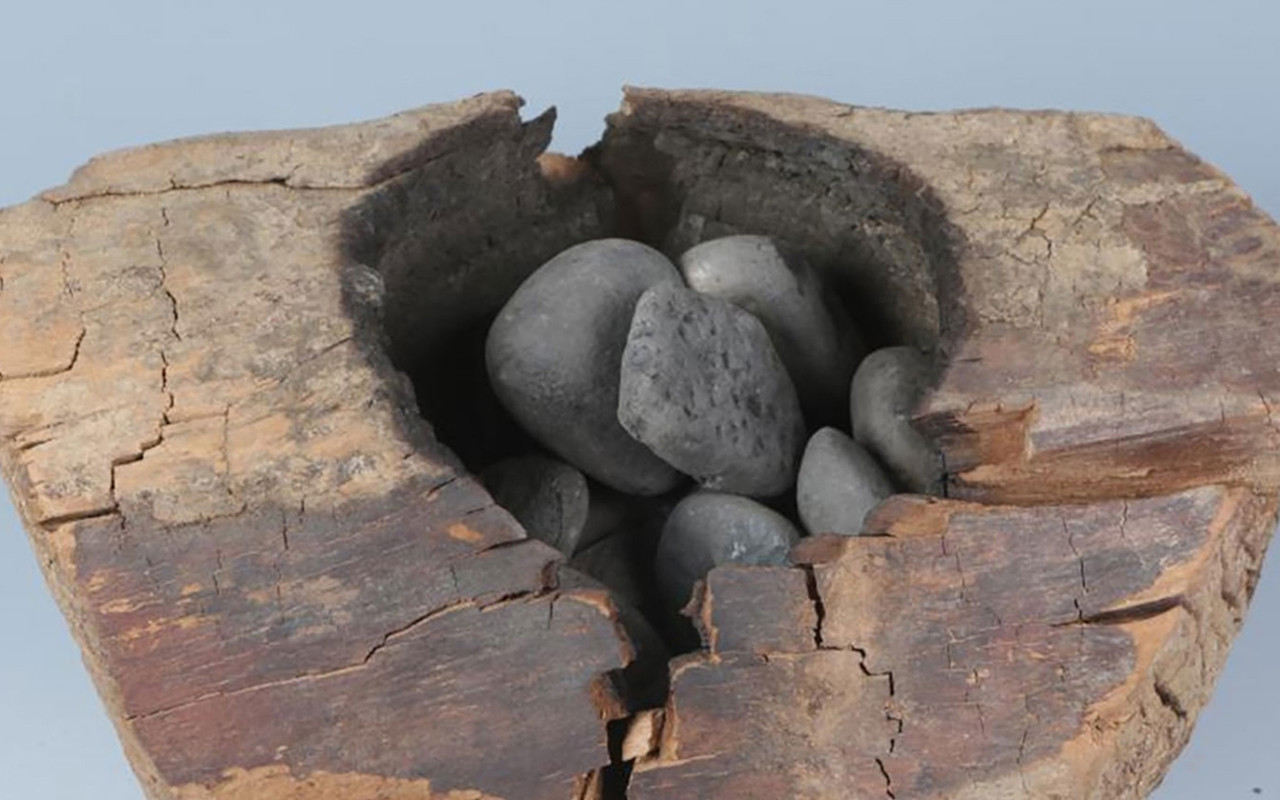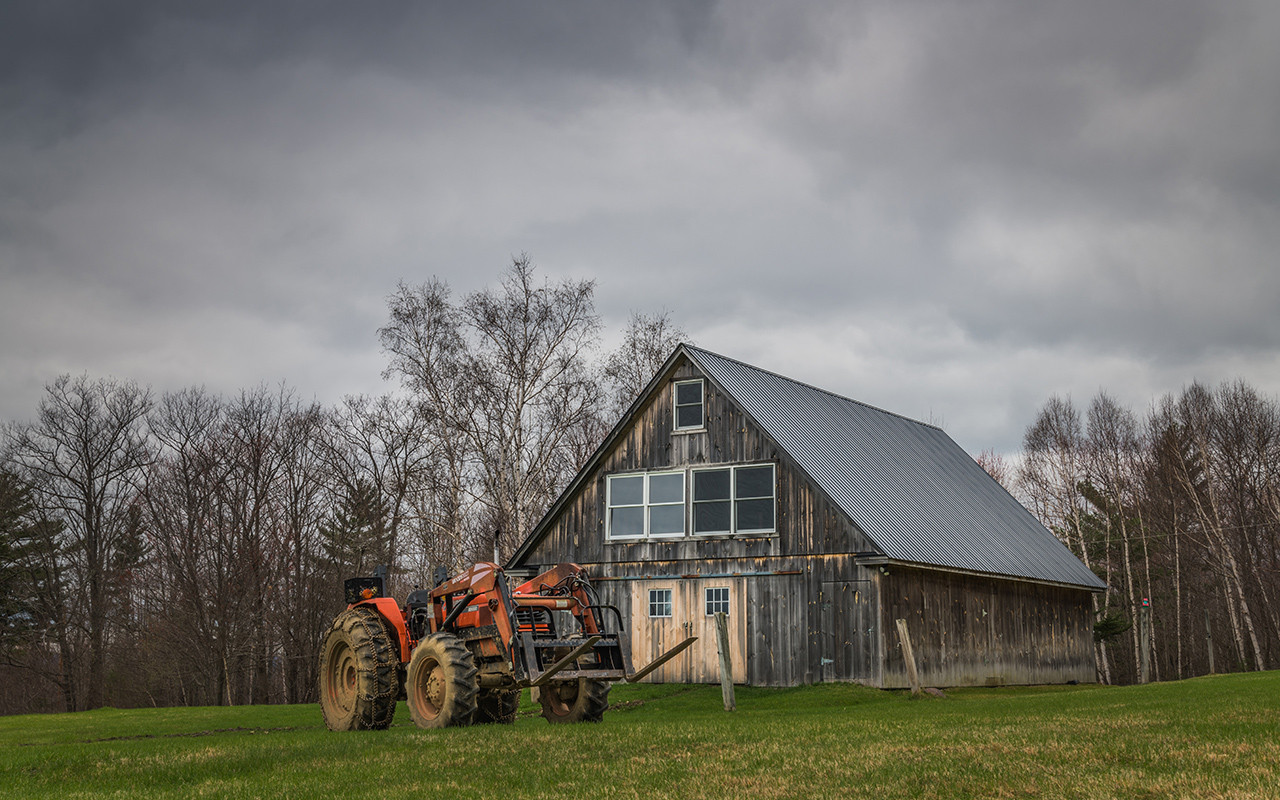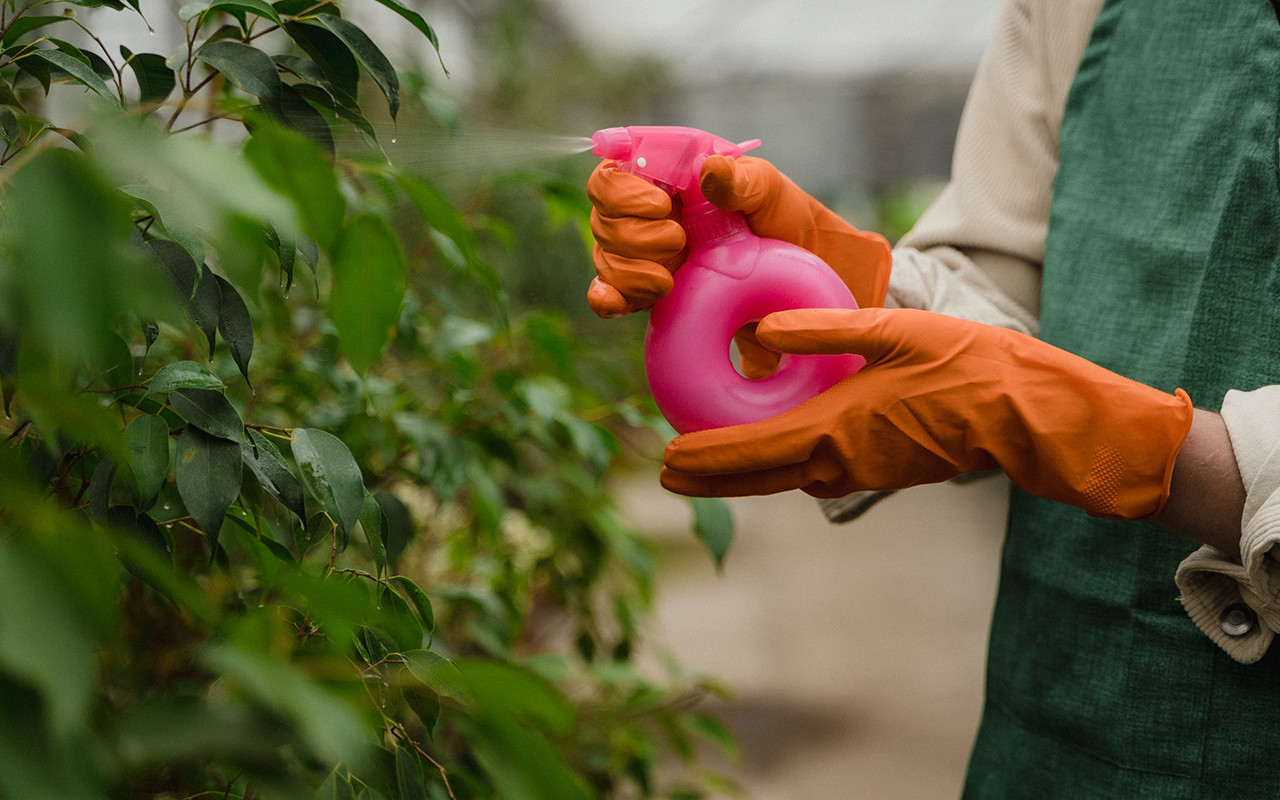Boron is the essential nutrient your plants need. It helps develop cell walls, transport sugar and other nutrients, and seed production. A lack of Boron can cause stunted growth, leaves that are mottled or curled, and poor seed production. Soil testing can determine whether your soil has an adequate level of Boron, and if it doesn’t, you'll need to add it in the form of a foliar spray or granular fertilizer. Boron is a micronutrient, which means that it's required by your plants in only very small amounts. It can be found naturally occurring in most soils, but if your soil tests low for Boron you'll need to add it.
Weed stems are the leftover parts of a marijuana plant that people often discard because they contain little to no psychoactive components. One thing you would never want to do is to smoke them. You won't get any fun unless coughing and sore throat make you high (people are strange). However, marijuana stems are often overlooked, but they have a lot of benefits.
The past few years have witnessed increasing interest in natural and alternative therapies and treatments, with CBD (cannabidiol) being one of the most popular. However, there has been significant confusion regarding the FDA regulations surrounding cannabis, and in this blog, we will be answering some of the most common and important questions regarding this subject.
The history books tell us that for thousands upon millennia, humans have been cultivating plants and using their various substances as medicine. But not until somebody came up with the idea to smoke cannabis did we really get any good from this plant! It's believed to get started as far back as 5000 years ago, when an unknown man created what is believed to be one of the first joints made of a wooden brazier, where ancient people put cannabis leaves and hot stones. Now if you ever wondered where cannabis came from or its history, you’re at the right place. Read on to find out more.
How many acres would it take to feed a family? The answer may surprise you. If the average person, say, in the United States eats 2500 calories a day, then you would need to grow about 10 acres of food to feed a family of six. What do you need to grow in this land, to have a balanced everyday meal on your table? Let's dig into today's agriculture practices and find out!
Micronutrients are important for plant growth because they help regulate the chemical reactions in plants. Plants need these nutrients to produce proteins, enzymes, and other substances that are used by cells. This means that without micronutrients, your plants will not be able to grow properly. There are many different types of micronutrients including chelated micronutrients which contain a metal ion bonded with organic molecules or amino acids. Chelation is an essential process when it comes to balancing out the nutritional needs of plants so that they can grow healthy and strong!







